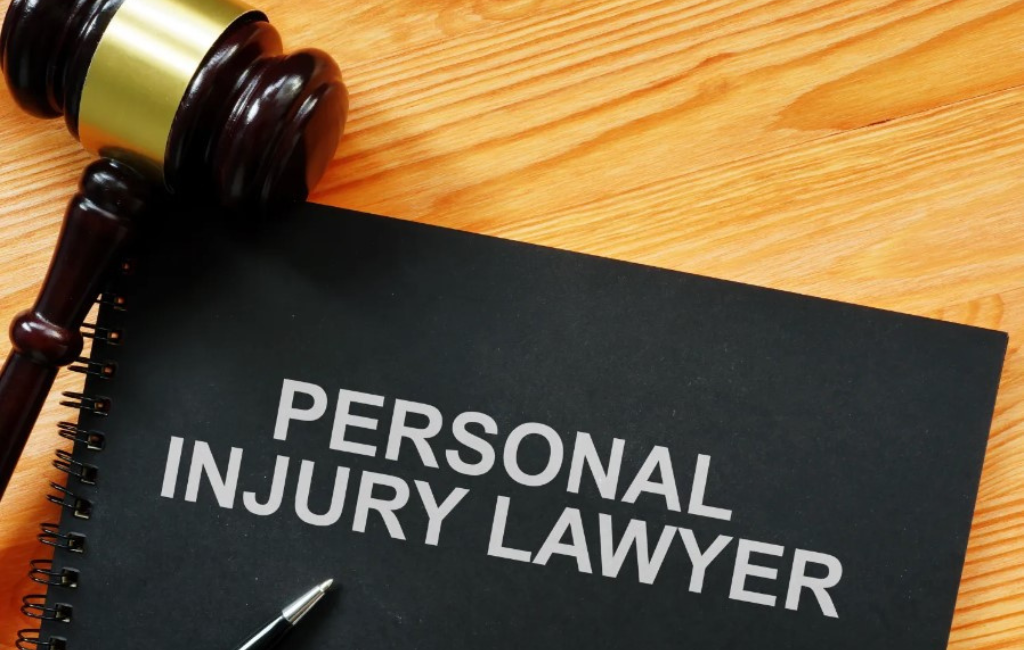
Personal Injury Lawyer Consultation Tips
Personal Injury Lawyer Consultation Tips
When faced with a personal injury, seeking legal advice can be a daunting task. The right lawyer can make a significant difference in the outcome of your case. This article provides valuable insights into making the most of your consultation with a personal injury lawyer.
Understanding the Role of a Personal Injury Lawyer
A personal injury lawyer specializes in cases where individuals have been injured due to the negligence or wrongdoing of others. These professionals help clients navigate the legal system, negotiate settlements, and, if necessary, represent them in court. Common cases include car accidents, medical malpractice, and slip-and-fall incidents.
Preparing for Your Consultation
Preparation is key to a successful consultation. Here are some steps to help you get ready:
- Gather Documentation: Collect all relevant documents, such as medical records, police reports, and insurance information. These will provide the lawyer with a clear picture of your case.
- List Your Questions: Write down any questions you have about the legal process, potential outcomes, and the lawyer’s experience.
- Know Your Goals: Consider what you hope to achieve from the consultation, whether it’s understanding your legal options or determining the strength of your case.
What to Expect During the Consultation
During the consultation, the lawyer will assess your case and provide guidance on the next steps. Here’s what typically happens:
- Case Evaluation: The lawyer will review your documents and ask questions to understand the details of your situation.
- Legal Advice: Based on the information provided, the lawyer will offer advice on the viability of your case and potential strategies.
- Fee Structure: The lawyer will explain their fee structure, which may include contingency fees, hourly rates, or flat fees.
Questions to Ask Your Lawyer
Asking the right questions can help you gauge the lawyer’s expertise and compatibility with your needs. Consider inquiring about the following:
- Experience: How many years have you been practicing personal injury law?
- Case History: Can you provide examples of similar cases you’ve handled and their outcomes?
- Communication: How often will we communicate, and what is your preferred method of communication?
- Timeline: What is the expected timeline for my case?
Evaluating the Lawyer’s Expertise
Assessing a lawyer’s expertise involves more than just their years of experience. Consider their track record, client testimonials, and any awards or recognitions they have received. A lawyer with a strong reputation in personal injury law is more likely to provide effective representation.
Case Studies: Successful Personal Injury Claims
Examining past cases can provide insight into what makes a personal injury claim successful. Here are two examples:
- Car Accident Settlement: A client involved in a severe car accident received a substantial settlement after their lawyer demonstrated the other driver’s negligence through eyewitness testimony and traffic camera footage.
- Medical Malpractice Victory: In a case of surgical error, the lawyer secured compensation for the client by presenting expert medical opinions and highlighting deviations from standard care practices.
Common Mistakes to Avoid
Being aware of common pitfalls can help you avoid them. Here are some mistakes to watch out for:
- Delaying Action: Waiting too long to seek legal advice can jeopardize your case due to statutes of limitations.
- Withholding Information: Failing to disclose all relevant details to your lawyer can hinder their ability to build a strong case.
- Ignoring Legal Advice: Disregarding your lawyer’s recommendations can negatively impact the outcome of your case.
Conclusion
Consulting with a personal injury lawyer is a significant step in seeking justice and compensation for your injuries. By preparing thoroughly, asking insightful questions, and evaluating the lawyer’s expertise, you can make informed decisions that enhance your chances of a favorable outcome. Remember, the right legal guidance can be instrumental in navigating the complexities of personal injury law.
- No categories